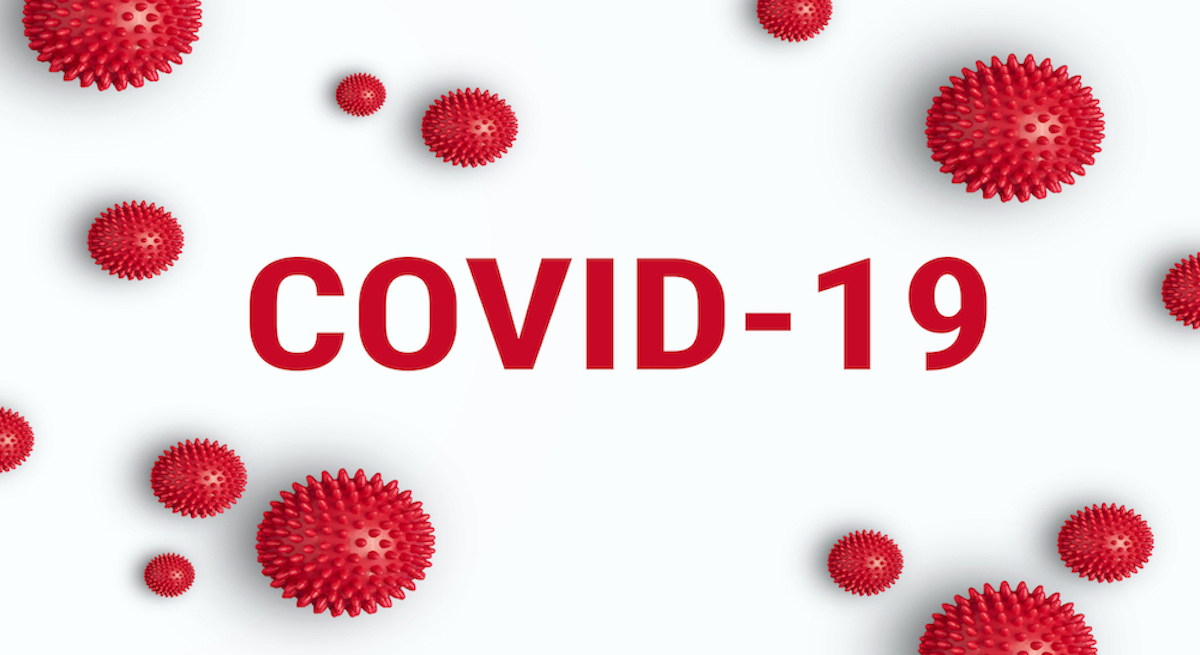Our practice cares for patients with immune deficiency and chronic lung disease, serious food allergies, allergic asthma, and those that receive regular biologic injections to prevent severe asthma exacerbations. All these patients must continue to receive important medical care during this time.
Atlanta Allergy & Asthma is committed to protecting ALL of our patients and staff and over the past months, we have added recommended safety measures and adapted appropriate protocols. Some of these include:
- Implementation of telehealth visits to greatly reduce the number of patients coming to our offices. (More info on Tele-visits)
- Rigorous screening guidelines to prevent anyone with COVID-19 related symptoms from entering one of our offices.
- Stringent cleaning and sterilization procedures implemented to disinfect high traffic areas, exam rooms, and medical equipment.
- Daily screening of staff to monitor for change in health status.
- Altered check-in procedures to limit amount of time patient is in wait area.
- Re-configuration of wait rooms to create social distance.
- Per recent updates to CDC Guidelines, we are now requiring all patients, and visitors to our offices, wear face masks/coverings. This is to protect you, our staff, and other patients that may be high risk. The covering can be made of cloth (scarf/bandanna) and should cover your nose and mouth.
Going forward, we ask that all patients adhere to the following procedures:
- If you are sick, call the office in advance. Patients with fever, cough, body aches and/or shortness of breath will not be permitted in our offices. You should speak with a nurse who will assess your symptoms and consult with your provider to determine the best way to deliver care.
- All patients and guests will be screened again at the front door of clinic for fever, symptoms, and exposure risk.
- Patients who need to come to the office should bring only essential guests. Patients under the age of 18 should be accompanied by one adult/family member to reduce the number of people in the office.
- Patients over the age of 60 and patients with immunodeficiency diseases should contact your office prior to your scheduled appointment to assess the need for an office visit. A telehealth visit may be a better alternative at this time.
- Asthmatics coming for an office visit should bring their albuterol rescue inhaler with them. For safety reasons we are not able to offer nebulizer treatments at this time.
- If you are an allergy immunotherapy patient and are unable to get to your office for an extended time, contact your AA&A office as we may be able to adjust your shot schedule. Compliance with all medications and therapies is essential, especially now.
30 Minute Wait after Immunotherapy Injection:
Although the risk of reaction after receiving an allergy immunotherapy injection is quite small, the American Academy of Allergy, Asthma & Immunology guidelines recommend that patients wait in the office for 30 minutes after receiving their allergy immunotherapy injection. To help facilitate social distancing, after check-in, patients may be permitted to wait outside the clinic prior to their injection at certain offices. We have also made efforts to reconfigure our waiting rooms and if available, you may be able to wait your 30 minutes in an exam room. Please check with your AA&A office for details.
Current Screening Guidelines for Patients/In-Office Visit:
We ask you to call in advance or reschedule appointments if you have any of the following:
- You, or anyone in your household, have had a fever in the past 14 days (fever is temperature of 100 or above)
- You have had lower respiratory symptoms (cough and/or shortness of breath) in the past 14 days.
- You experienced at least two of the following symptoms in the past 14 days: fever, chills, repeated shaking with chills, muscle pain, headache, sore throat, new loss of taste or smell.
- You have had contact with a confirmed case of COVID-19.
- You have had contact with a person who has been exposed to a confirmed case of COVID-19.
For more information on the symptoms of COVID-19 see CDC website.
We want to thank our physicians and staff who are working tirelessly during the public health crisis to care for our patients and keep them healthy during this unprecedented time. Healthcare is one of the essential services as defined by the government:
“If you work in a critical infrastructure industry, as defined by the Department of Homeland Security, such as healthcare services and pharmaceutical and food supply, you have a special responsibility to maintain your normal work schedule.”

